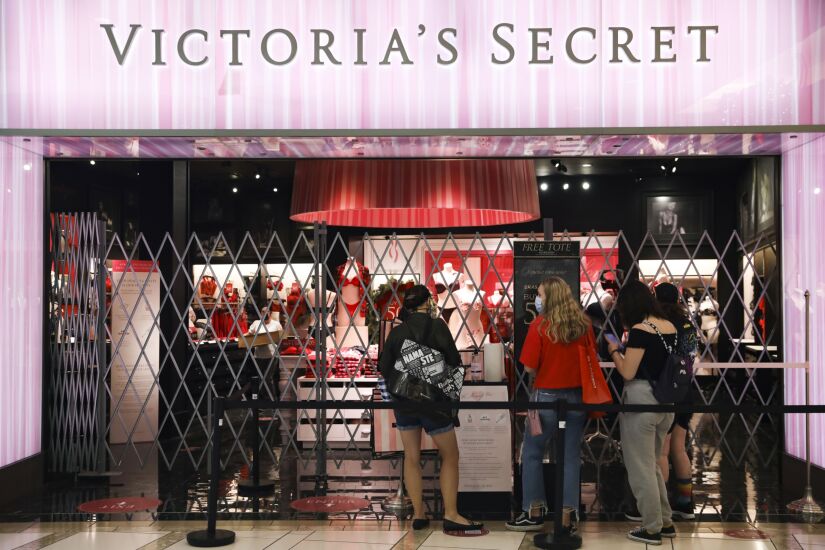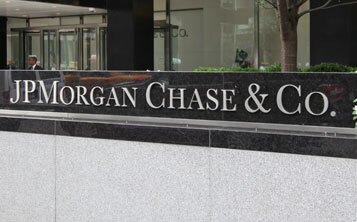In this month's roundup of American Banker's favorite stories: Merger-and-acquisition announcements in the community banking space begin slowing, Roe v. Wade's reversal has a politicizing effect on payments, a Native American neobank sets out to offer bespoke services to tribes and more.

Pressure from commercial depositors is arriving faster than expected
The landscape for commercial deposits has been changing rapidly since the Federal Reserve hiked rates at its most aggressive pace since 1994, according to bank consultants. The shift raises the risk that banks’ funding costs
For much of the pandemic, companies have parked their spare cash at the bank, since low interest rates meant that other safe options typically didn’t offer much yield. Recently, that flood of deposits has made banks comfortable with some of the cash heading out the door.

Why glitches like Bread’s payment outage are riskier now
Those efforts suffered a setback early in July when the online credit card bill payment site for Bread’s Comenity Bank subsidiary went offline after a technical update, leaving some customers unable to pay their bills online for a few days.

Why banks are hitting the brakes on M&A
Banks inked 35 bank deals during the second quarter. That was down from 49 the prior quarter and well below the 66 transactions announced a year earlier, according to a Raymond James analysis.
At issue: ramped-up regulatory scrutiny following new

How the Roe v. Wade reversal politicizes payments
Many employers, including the largest banks, have promised to at least cover travel expenses for employees who need to go to another state to receive abortion services. But banks and payment companies must also determine how they handle payments their customers make when those customers cross state lines seeking an abortion. Some states may consider it illegal to facilitate travel for abortion care.

After 50 years, a new mutual bank will launch
Walden Mutual in Concord, New Hampshire, has received conditional approval from the Federal Deposit Insurance Corp. and a conditional charter from New Hampshire’s Banking Department. The final big hurdle is raising a minimum $20 million of capital, CEO Charley Cummings said in an interview.
“Our hope is to open in late summer,” Cummings said. “We are working to do final implementation on all our technology systems, bring the rest of the capital into escrow and get final approval from the FDIC.”

Native American neobank customizing financial services for tribes
Buker’s mom recalled that as an enrolled member of the Choctaw Nation of Oklahoma, she was eligible for a down payment assistance program. But representatives of the tribe were not able to help her figure out eligibility, and her lender was not willing to communicate with the tribe. Buker had to wait two more years before she could buy her first home in 2018, and it was without the benefit of this program.

A credit union hired banking pros to take on Philly's biggest lenders
The $4.8 billion-asset Citadel Credit Union in Exton, Pennsylvania, plans to launch its new business banking division in August. Earlier this year, the company lifted a team of business bankers from Santander Bank to build the new division and establish partnerships with clients around the eastern Pennsylvania region.

Mounting pay pressure at banks as Truist, JPMorgan hike minimum wages
The latest bank to increase the low end of its pay scale is Truist Financial, which said July 6 that it will raise its minimum hourly wage for U.S. employees to $22 starting in October, up from a prior range of $15 to $18. Truist’s announcement followed Bank of America’s
JPMorgan Chase, the country’s largest bank by assets, also started notifying its employees last month that its minimum wage would rise to between $20 and $25 an hour, depending on the worker's location. That range is up from $18 to $22 per hour and is part of the bank’s steady increases in pay, a spokesperson said.

Trial for ex-JPMorgan bankers could signal new tactic against white-collar crime
The trial, set to begin jury selection on July 7 in the U.S. District Court for the Northern District of Illinois, revolves around a

The case for a digital dollar is ‘picking up momentum’
Officials from Congress, the Federal Reserve and the Office of Financial Research have made a case in recent weeks for the development of a U.S. central bank digital currency, or CBDC, through public remarks and discussion papers.
Fed Vice Chair Lael Brainard called CBDCs a





